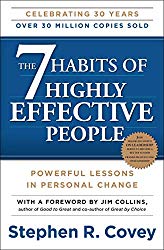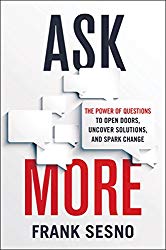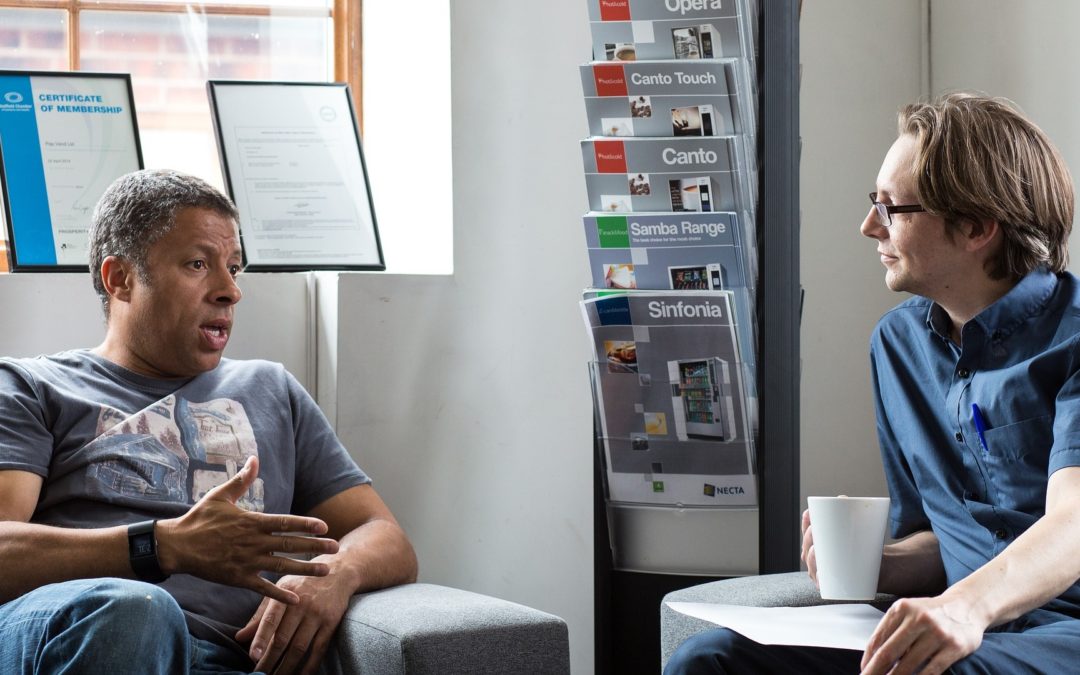I’m pretty sure my wife can attest to the fact that I often jump in with the answer before she’s finished explaining the problem. You’d think I would have learned to stop and listen by now but sometimes I’m slow.
As engineers, we often find ourselves explaining complex concepts and solutions to people. Because of that, we often find ourselves in the mode of speaking first and listening later.
When engineers become leaders, the opportunities to speak up and explain grow by an order of magnitude. Unfortunately, this comes right at the time when we should sit back and learn to listen.
Does a Lack of Listening Sound Familiar?
This weekend I had lunch with a friend who’s been in his job for several years. His boss was promoted a few months ago and his team was put under a new manager. After that bit of news, the next few minutes went something like this:
“My new boss is killing me,” said Randall (obviously not his real name.)
“Why is that?”

“Every meeting with him is a non-stop lecture. Even when he asks a question, he just keeps talking and doesn’t give me a chance to answer. We rush through every meeting, even our one-on-ones, with him talking 90 miles per hour.”
As leaders – especially engineering leaders – if we speak more than we listen, we fail to grasp the full picture of what is happening. As Dr. Stephen R. Covey wrote in Steven R. Covey, in his book The 7 Habits of Highly Effective People, “seek first to understand, then to be understood.”
Leaders Who Listen Rank Higher
My friend Randall isn’t the only person who prefers a leader who will listen. According to research by the leadership development firm Zenger Folkman, leaders who demonstrate a preference for listening are rated as far more effective than those who spend most of their time speaking.
Leaders who listen ranked significantly higher in 13 of the 16 leadership competencies evaluated by Zenger Folkman. While all were important, a few that really stood out to me were “Communicates Powerfully and Prolifically,” “Inspires and Motivates Others to High Performance,” and “Technical or Professional Expertise.”
What struck me about those three is that many people think you need to be speaking in order to demonstrate those skills. But leaders who listen are more impactful because they carefully choose their words and the times to use them. That makes the words they do say more valuable than the words flowing from a non-stop fountain.
How to Get Started with Better Listening
Here are a few techniques that will help you become a better listener and, therefore, a better leader.
With body and face, show that you’re interested and involved
- Get out from behind your computer. Find a place to sit and listen where visual distractions are at a minimum.
- Put your phone down and silence it. Better yet, put it in a drawer where you can’t even see it.
- Lean forward and focus on the person who is speaking.

Give them room to speak
- Ask questions more often than you give information.
- As they speak, probe with questions that dig deeper into the subject.
- Encourage the speaker with head nods and small verbal cues (“Hmm.” “Uh huh.” “Ah.”)
- Don’t interrupt as they speak (except maybe to ask for clarification.)
- Don’t rush them.
Don’t try to fix, just understand
- Sure, sometimes you’re being asked to fix something, but as much as possible, lead them to fix it themselves. Ask questions that get them to understand what they can do.
- Don’t judge or criticize.
- Summarize their comments to make sure you understand and that they know you understood. (“What I heard you say is that …”)
- Show empathy in your words and actions.
The Final Takeaway
We spend 70% to 80% of our waking hours participating in some form of communication. Of that time, we spend 9% writing, 16% reading, 30% speaking, and 45% listening. Unfortunately, most of us are poor and inefficient listeners. (Source University of Missouri)
Listening is a skill that can be – and should be – improved. Especially if you’re a leader. The tips above will set you on a journey of improvement. Your engineers are sharp people. Sit back, listen, and try to understand before you speak. Then, empower them to own their ideas.

Author: Tracy Thomason
Agile project manager by day, craft beer drinker by night, and avid reader anytime I can get 5 minutes alone with my Kindle.
More posts by Tracy
Featured photo by jamesoladujoye from Pixabay


Yes, I am working on that myself. Last year I listened to the audio version of Marshall Goldsmith’s “What Got You Here Won’t Get You There” a book about the 20 bad habits executives need to break if they want to be more effective.
https://www.amazon.com/What-Got-Here-Wont-There-ebook/dp/B000Q9J128
Mine is interrupting and being a poor listener.
My boss isn’t new, but sometimes he does kill me (I’m self-employed).
Thanks for the reminder, Tracy.
Randall
Thanks for the book reference, Randall! I’ll pick up a copy.